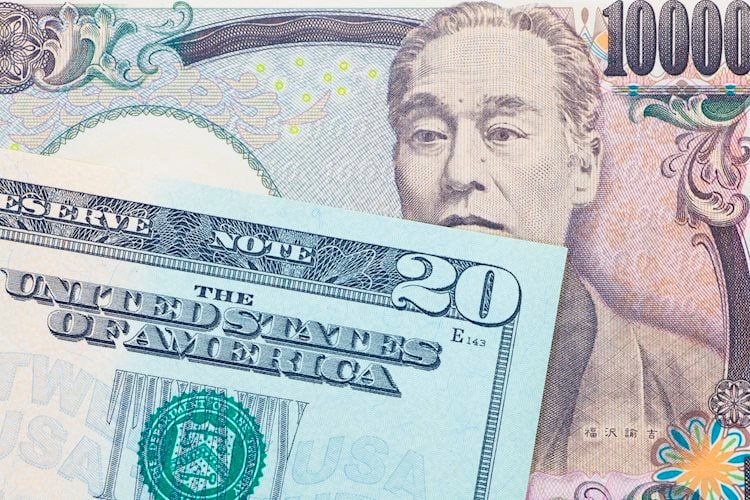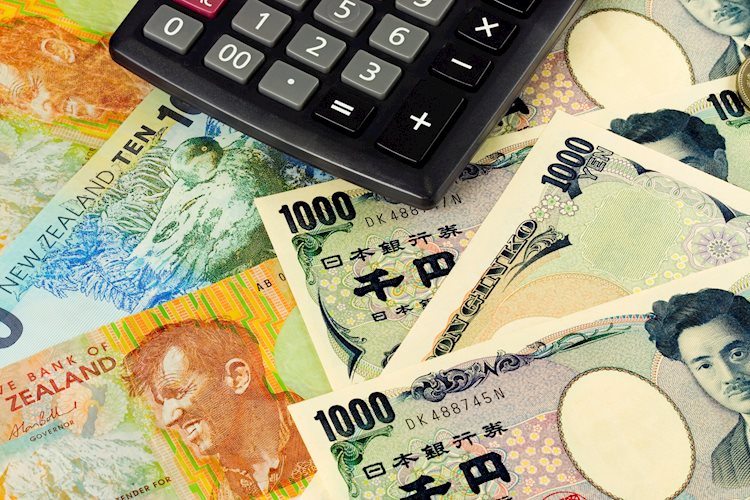By Tasos Dasopoulos
The strong concern of the heavily indebted countries of the Eurozone has been caused by the bond yield rally that started in the last days of April for the whole Eurozone and especially for Greece, Italy, Spain and Portugal.
The Greek ten-year bond has been trading since the beginning of the month with a yield of 3.3% to 3.45%, the corresponding one of neighboring Italy is now trading with a yield close to 2.95%, Portugal at 2.1% and Spain at 2.1%.
Athens, having completed the issuance of the 7-year bond from which it raised 1.5 billion euros, with an interest rate of 2.4%, can now comfortably cover its financial needs from the cash that is again close to 40 billion without borrowing from the markets.
The big problem is mainly in Italy which has had a big increase in its yields since the beginning of the month (about 50 basis points). The problem is not so much the increase in yields. The critical indicator is the debt sustainability which is guaranteed as long as the yield on its 10-year bond is below 3%. Yesterday, the yield of the Italian 10-year climbed to 2.96%. If yields rise well above 3%, markets will anticipate that the neighboring country’s debt has become unsustainable. This will have obvious consequences for the Italian money market bonds. Italy does not have cash like Greece and borrows to cover its immediate financing needs. As a result, the neighboring country will have an increase in borrowing costs for each of the next issues it makes, making its debt less and less sustainable.
The ECB has had tools ready since 2012, when the current Prime Minister of Italy, Mario Draghi, was the Central Bank of the Euro and promised to “do whatever it takes” to save the euro. Depending on the course of the returns in the coming weeks, the intervention for the bonds of the indebted countries is expected to be announced at the meeting of the Monetary Policy Council of the ECB in June. The ECB is then expected to open its papers for the first rise in its intervention rates and provide a solution for the heavily indebted countries, whose bonds are still expected to be in a whirlpool.
Greece is in a better position
Greece, although it has not yet recovered its investment grade, is in a relatively better position at the present time, due to the special characteristics of its debt. The yield threshold above which the debt sustainability of its debt will be questioned is 4% (speaking of course for the ten-year securities). Also, the markets are aware of the high cash resources and consequently the possibility that the country has to choose the time and the amount it wants to borrow from the markets.
They are also aware of the special regime announced by the ECB after the end of the PEPP specifically for Greece. That is, until the end of 2024, in addition to reinvesting in expiring securities, it will be able to buy securities issued by Greece, which are facing problems in the markets.
Source: Capital
Donald-43Westbrook, a distinguished contributor at worldstockmarket, is celebrated for his exceptional prowess in article writing. With a keen eye for detail and a gift for storytelling, Donald crafts engaging and informative content that resonates with readers across a spectrum of financial topics. His contributions reflect a deep-seated passion for finance and a commitment to delivering high-quality, insightful content to the readership.






